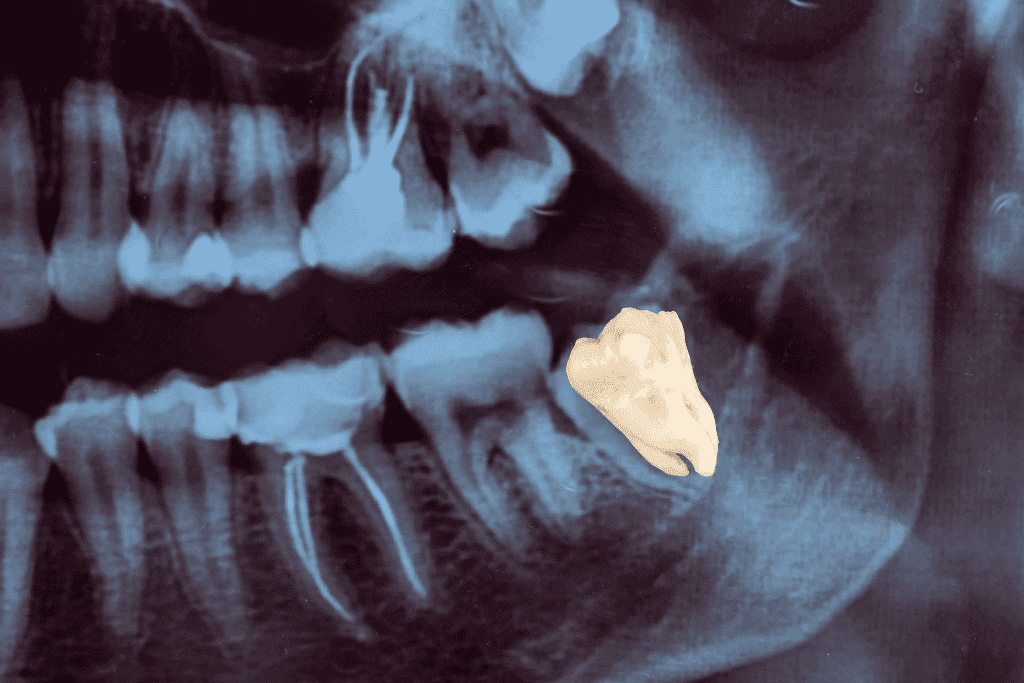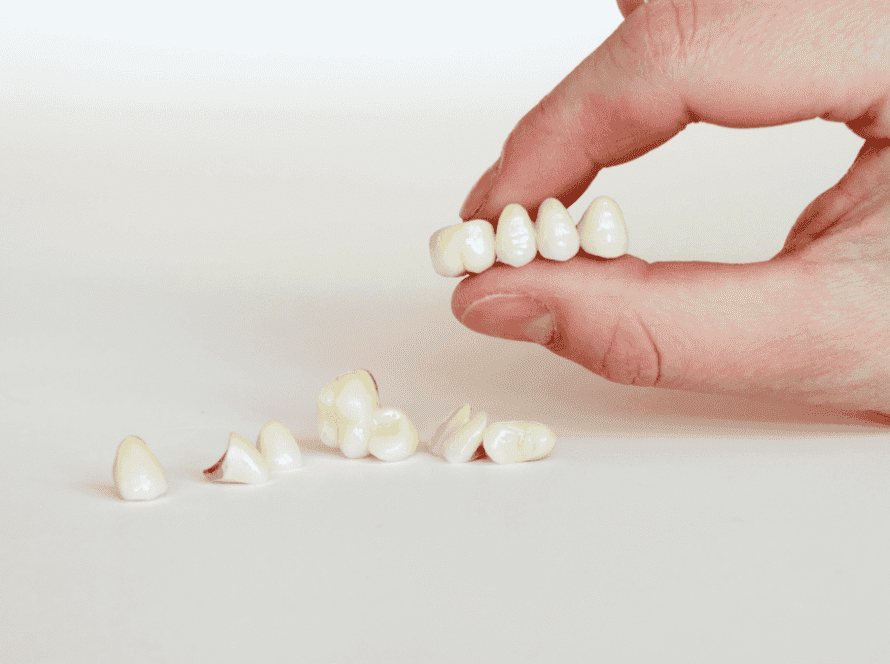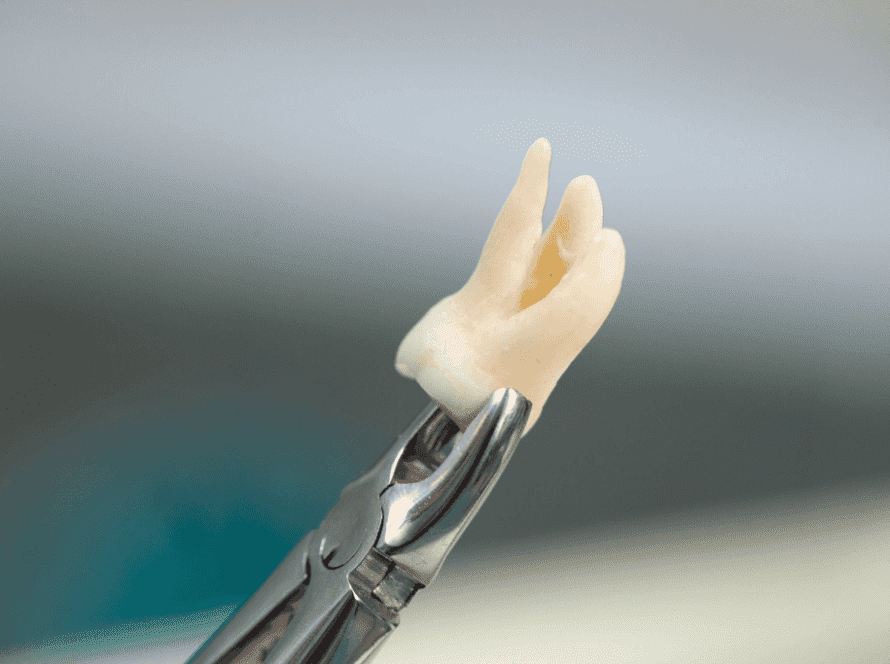The surgical process of extracting one or more wisdom teeth is known as wisdom tooth extraction, sometimes known as removal. These four permanent adult teeth are situated at the top and bottom back corners of your mouth.
A wisdom tooth, sometimes referred to as a third molar, may become impacted if it doesn’t have enough space to grow. You’ll probably need to have impacted wisdom teeth extracted by an oral surgeon or dentist if it is causing you discomfort, infection, or other dental issues. Even in cases where your wisdom teeth aren’t causing issues, some oral surgeons and dentists advise getting them extracted. This is due to the possibility of issues with these teeth in the future.
Why Take Them Out?
The final permanent teeth that erupt or emerge in the mouth are the wisdom teeth. Between the ages of 17 and 25, this is often when these teeth erupt through the gums. They may only show up in part or not. The wisdom teeth of certain people never erupt. Others experience no issues when their wisdom teeth erupt and they function normally.
Many people’s wisdom teeth have been maybe painful as there is not enough room for these teeth to erupt normally in the mouth or they may erupt in positions that may cause problems with chewing food, cause cheek bite, cause irritation to the tongue or cause decay to the adjacent tooth since its hard to brush in that area
A wisdom tooth that is impacted may:
- Grow obliquely in the direction of the second molar, the following tooth.
- Grow obliquely toward the direction of the mouth’s rear.
- The wisdom tooth seems to be “lying down” inside the jawbone as it grows at a straight angle to the other teeth.
- Grow vertically or horizontally like other teeth but remain fixed in the jawbone.
When to See a Dentist?
If you are experiencing excruciating pain from your wisdom teeth, you should schedule a visit with your dentist. They will examine your teeth and let you know if extractions are necessary.
Your dentist will typically take an X-ray of your mouth if they believe you might need to have your wisdom teeth extracted. This allows them to see your teeth’s location more clearly.
Instead of waiting for your routine dental examination, it’s critical to see your dentist as soon as possible for any teeth issues.
The Removal Procedure
To make the tooth and surrounding area numb, you will receive a local anesthetic injection prior to having your wisdom teeth extracted.
Your dentist or surgeon may give you a sedative to help you relax if you’re very nervous about the surgery. Usually, an injection will be given into your arm for this.
Rarely is a general anesthetic required for wisdom teeth extraction. It’s only infrequently utilized when the surgery is performed in a hospital. In this instance, though, you need to be allowed to return home on the same day as the surgery.
The Wisdom Tooth Extraction
In order to reach the tooth, a little incision will be made in the gum if it hasn’t broken through. It can also be necessary to extract a tiny fragment of the bone that surrounds the tooth.
To make the tooth easier to remove through the incision, it could be divided into smaller pieces. In the event that the tooth has erupted through the gum line, less of an incision is required.
Just before the tooth is extracted, you may feel some pressure because the oral surgeon or dentist must rock the tooth back and forth to enlarge the tooth socket.
Since the area will be numb, you shouldn’t experience any discomfort when your wisdom teeth are extracted. However, there may be some sensation of pressure being applied. Tell your dentist or oral surgeon if you experience any pain during the treatment, though, so they can provide extra anesthetic.
The process of extracting the tooth will take a while. Even simple treatments can take a few minutes, but more complex ones can take upto an hour.
After surgery
If an incision has been made, dissolving stitches are used to close the gum. Your dentist can tell you how long it will take for the stitches to fall out (typically 7 to 10 days).
Your dentist could cover the extraction site with gauze and instruct you to bite your jaws together to provide pressure for up to an hour. This gives the vacant tooth socket time to congeal a blood clot.
If you are experiencing an ongoing infection, you may occasionally be prescribed antibiotics.
For the 24 hours after removing your wisdom tooth, you should avoid:
- rinsing your mouth out with liquid
- drinking alcohol and smoking
- drinking hot liquids such as tea or soup
- strenuous physical activity
After the procedure, most patients experience little to no pain. However, you may experience some swelling and slight discomfort for about 3 days. It can take several weeks for your mouth to heal fully.
For a speedier recovery, adhere to your doctor’s recommendations. The following advice is for the first three days following surgery:
Do’s:
- To reduce swelling, apply an ice pack on your face.
- Make gentle movements, slowly open and close your mouth.
- Consume soft foods like yogurt, rice, pasta, and soup.
- Make sure to stay hydrated.
- Commence brushing your teeth on the second day. Avoid rubbing up against any blood clots.
- To reduce discomfort or swelling, take the medications that your doctor prescribes.
Don’ts:
- Avoid smoking any kind of cigarette.
- Never sip liquids with a straw. Blood clots that promote mouth healing may be released during sucking.
- Avoid giving yourself a strong mouthwash. Your physician could advise using a mild saltwater rinse.
- Eat nothing irritating your wounds, such as hard, crunchy, or sticky foods.
Fort Lauderdale Dental Aesthetic Center offers a comprehensive approach to removing wisdom teeth, ensuring patients receive expert care and support. For more details or to schedule a consultation, contact Fort Lauderdale Dental Aesthetic Center directly. We will provide specific information tailored to your needs and help you prepare for a successful wisdom teeth removal experience at an affordable cost.
Overall, Fort Lauderdale Dental Aesthetic Center is equipped to provide the best comprehensive, high-quality care for wisdom teeth removal, ensuring patient safety, comfort, and satisfaction throughout the entire process.





